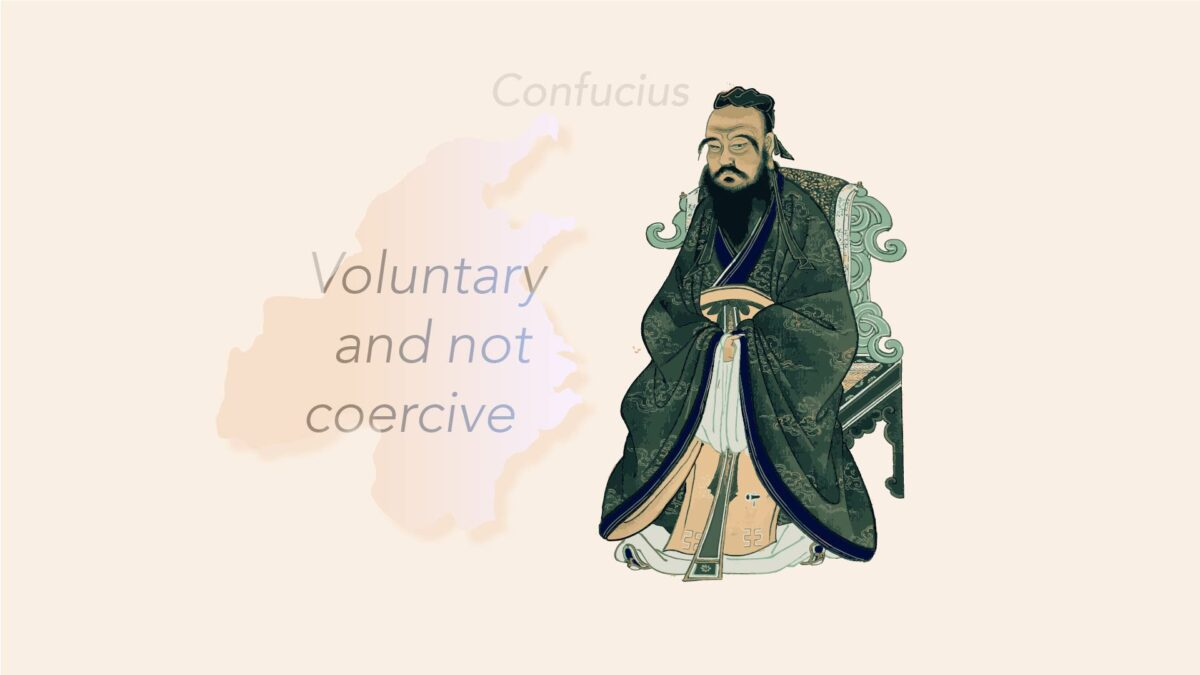Nine years have passed since the arbitral tribunal issued its award on the South China Sea on July 12, 2016. However, far from resolving the dispute, the ruling has intensified divisions—both in legal interpretation and geopolitical trust.
For the Philippines and its Western allies, the ruling was hailed as a triumph of “the rules-based international order.” Yet, for China and many others across the Global South, the award represents something far more problematic: a legal instrument cloaked in neutrality but rooted in a Eurocentric vision of international law. Rather than paving a path to peaceful settlement, the ruling has undermined the credibility of legal mechanisms under the United Nations Convention on the Law of the Sea (UNCLOS), exacerbating regional tensions and entrenching mistrust.
Legal Overreach and the Erosion of Consent
At the heart of the controversy lies the issue of state consent—a foundational principle of international dispute resolution. China’s refusal to participate in the proceedings was explicit and grounded in Article 298 of UNCLOS, which permits states to exclude certain categories of disputes, including those involving maritime delimitation and sovereignty.
Despite this, the tribunal pressed ahead. It ruled on matters intrinsically tied to sovereignty over features in the South China Sea—issues that fall outside the tribunal’s jurisdiction under the Convention. By invoking kompetenz-kompetenz (the power of a tribunal to determine its jurisdiction), the panel effectively granted itself the authority to rule on a matter that no tribunal under UNCLOS was meant to address. Regardless of intent, this procedural overreach sets a troubling precedent that jeopardises the Convention’s integrity and weakens its capacity as a consensual legal framework.
A Hierarchy of Civilisations in Legal Disguise
More troubling still is the ruling’s philosophical underpinning, which reflects a latent civilisational hierarchy. The tribunal deemed China’s claims based on “historic rights” incompatible with modern international law, dismissing centuries of maritime history as irrelevant or obsolete. In doing so, it privileged one model of legal reasoning—Western, post-Westphalian sovereignty—over diverse historical experiences.
Yet, history in East Asia does not conform neatly to Westphalian templates. Pre-modern China and Southeast Asian societies interacted with the sea not through exclusive territorial sovereignty, but through trade, kinship, fishing, and customary practices. Historical records and maps consistently show that China exercised a long-standing presence and influence over features and routes in the South China Sea. These were expressions of a different, but no less valid, legal consciousness—rooted in economic use, continuous presence, and cultural connection.
Rejecting these rights as “non-legal” is to impose a singular, Western-centric framework and to delegitimise alternative narratives of maritime order. The ruling, then, does not merely resolve a legal question—it affirms a normative hierarchy that marginalises the perspectives of non-Western states.

Double Standards and the Politics of Selective Legality
This implicit hierarchy becomes especially clear when one examines state practice. The tribunal’s interpretation of UNCLOS Article 121(3)—that features unable to sustain human habitation or economic life are not entitled to an Exclusive Economic Zone (EEZ)—was applied strictly to China’s maritime features. Yet, major Western powers maintain sweeping EEZ and continental shelf claims from minuscule or uninhabitable outposts.
The United States claims maritime rights based on Kingman Reef, which has a land area of just 0.012 square kilometres. France asserts a vast EEZ and outer continental shelf around Clipperton Island, thousands of kilometres from the French mainland. Australia continues to assert maritime claims from Middleton Reef, a low-tide elevation. At the same time, Japan maintains over 400,000 square kilometres of maritime entitlements based on Okinotorishima—a rocky protrusion smaller than a tennis court.
None of these states has adjustedits claims to align with the standards it advocates for in the South China Sea. This disparity betrays a logic of selective legality—where rules are applied differently depending on who is subject to them. The inconsistency is not merely technical; it reflects a deeper unwillingness to confront the colonial legacies embedded in the modern law of the sea.
Legal Instruments Cannot Replace Historical Dialogue
It is often said that international law must be blind to history. But the law does not operate in a vacuum. When deployed without regard to historical context or cultural nuance, legal instruments can reinforce inequalities they purport to correct. The tribunal’s dismissal of China’s historical claims as legally irrelevant ignores the region’s long and complex maritime history—and with it, the lived realities of communities who have navigated, fished, and settled in these waters for generations.
By excluding such narratives, the ruling inadvertently privileges maritime entitlements born of colonial conquest over those rooted in organic historical practice. It fails to recognise that peace in the South China Sea will not be achieved by legal fiat, but by mutual recognition of history, rights, and lived experience.
Toward a More Inclusive Maritime Order
The 2016 arbitration ruling has not strengthened UNCLOS as intended. It has fractured interpretations, weakened faith in dispute mechanisms, and hardened positions. More fundamentally, it reveals the urgent need to re-evaluate the universality of international law in an era no longer dominated by a single civilisation or legal tradition.
Legal legitimacy must be built on dialogue, not imposition in a multipolar world. The South China Sea dispute is not simply a test of maritime law—but of whether international law can evolve beyond its colonial and Eurocentric foundations to accommodate a genuinely pluralistic global order.
Until international law can meaningfully engage with the histories and values of all civilisations, it risks remaining what it once was—a tool of power, disguised as a promise of justice.

